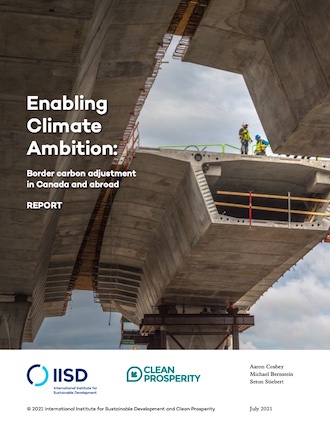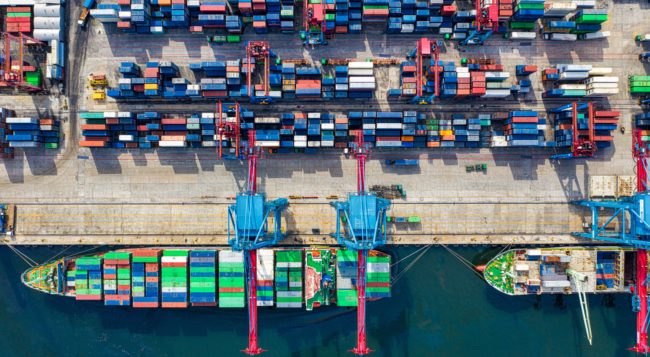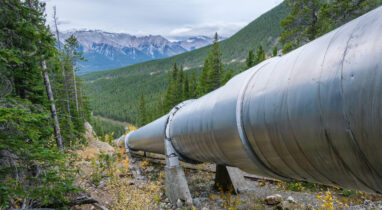With the European Commission set to announce a new EU border carbon adjustment (BCA) regime tomorrow, now is the time for Canada to figure out how to reconcile its climate ambition with the need to protect the competitiveness of domestic industry and prevent carbon leakage.
That’s one of the urgent messages in a new report, Enabling Climate Ambition: Border carbon adjustment in Canada and abroad, released today by the International Institute for Sustainable Development (IISD) and Clean Prosperity.
The new report is the first to examine in detail the kinds of questions that Canada will have to answer as it designs a BCA regime. In particular, it looks at how Canada might harmonize its border carbon charges with top trading partners that are also ambitious about tackling climate change, such as the United States and the European Union.
“The problem we need to confront is that not every country is as ambitious as Canada when it comes to climate action,” says Clean Prosperity Executive Director and report co-author Michael Bernstein.
Border carbon adjustments are charges applied to the embedded carbon emissions in imported goods, especially imports from countries with less stringent climate policies than Canada.
“Canada will not achieve its climate ambition if our policies just end up shifting emissions from domestic firms to their foreign competitors,” says Aaron Cosbey, co-author of the report and Senior Associate with IISD. “There’s no way around it: BCAs are challenging to get right, and they’re no silver bullet. But it’s hard to see how we can successfully decarbonize without them.”
“The problem we need to confront is that not every country is as ambitious as Canada when it comes to climate action,” says Clean Prosperity Executive Director and report co-author Michael Bernstein. “BCAs are one solution to that problem. They complement strong Canadian climate policy by keeping industry on a level playing field with foreign competitors, while continuing to incentivize decarbonization.”

Read the report to learn more.
For more information: media@cleanprosperity.ca




